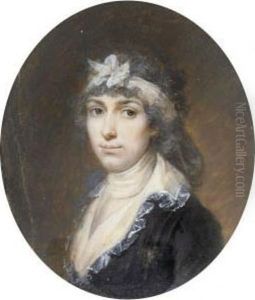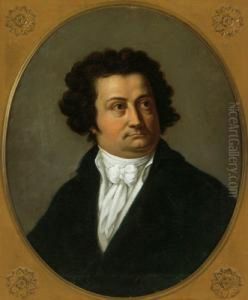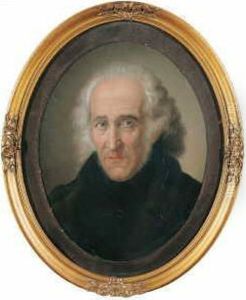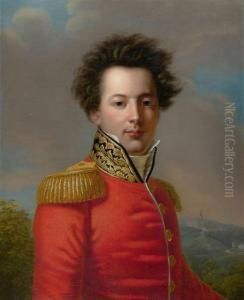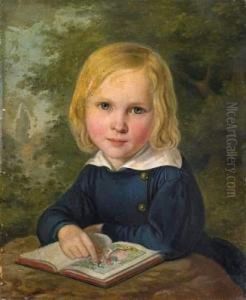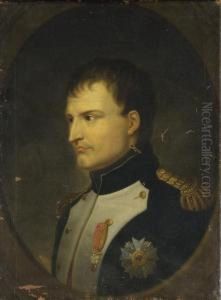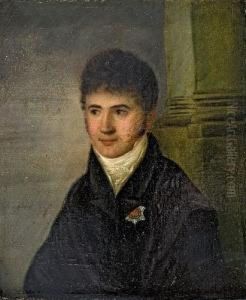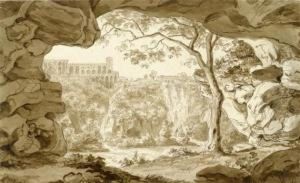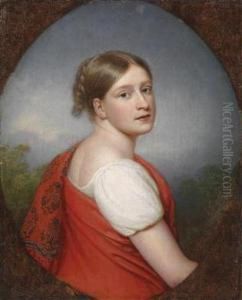Franz Gerhard Von Kugelgen Paintings
Franz Gerhard von Kügelgen was a notable German painter, born on February 15, 1772, in Bacharach am Rhein. He was known for his portrait paintings and was also involved in historical and religious compositions. His works exhibit the characteristics of Neoclassicism and the early Romantic period.
Von Kügelgen received his initial artistic training from his father, the painter Johann Gerhard Kügelgen. He continued his studies at the Düsseldorf Academy, where he was influenced by the director Benjamin West, an American artist known for his historical scenes. After completing his education, von Kügelgen embarked on a series of travels, which took him to different parts of Europe, such as Italy, where he studied the old masters and was particularly influenced by the works of Raphael and Correggio.
In 1808, von Kügelgen settled in Dresden, which was then a vibrant artistic hub. He became the court painter for the King of Saxony, which secured him a number of important commissions. Among his most notable works from this period is the portrait of the Russian Tsar Alexander I, which contributed to his fame and reputation as a distinguished portraitist.
Von Kügelgen's artistic output also included religious and historical paintings. His style was marked by precise drawing, clear composition, and a sense of emotional depth, which reflected the transition from Neoclassicism to Romanticism. Despite his success as an artist, von Kügelgen's life was cut short when he was murdered on a walking trip near Dresden in 1820. His legacy continued through his twin sons, Karl and Wilhelm von Kügelgen, who also became accomplished artists and helped to preserve the memory of their father's work.
